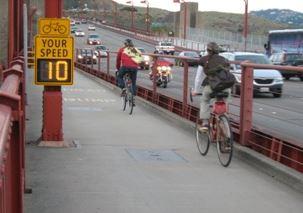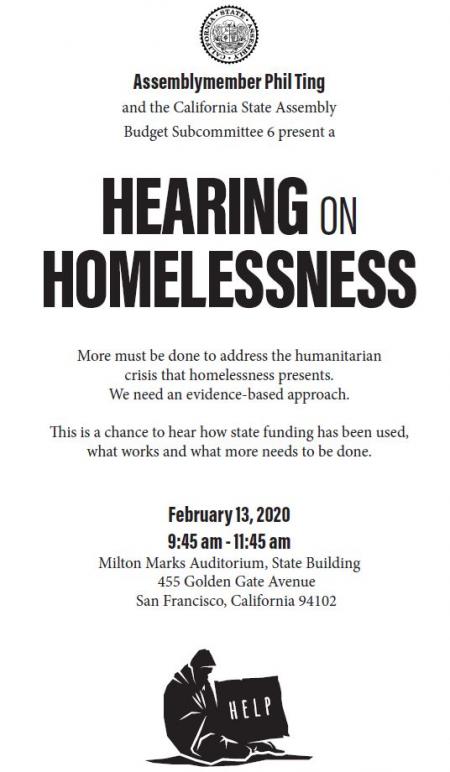California’s Phil Ting tilts at windmills — ban gas-powered cars! — hoping to start a conversation
Publication: CalMatters
Dale Carnegie could have been talking about Phil Ting when the positive-thinking guru said, decades ago, “Most of the important things in the world have been accomplished by people who have kept on trying when there seemed to be no hope at all.”
Ting is that person. Sometimes he’s the California Assembly’s Don Quixote, chasing seemingly impossible dreams. He has tried to persuade skeptical colleagues to punish companies that do business with the Trump administration and to tell Californians to park their gas-fueled cars forever — even as he performs the more practical task of managing the Assembly’s purse strings as chairman of the powerful budget committee.
For some practitioners, political accomplishment is a zero-sum proposition, with success measured by wins — legislation signed into law — and losses — bills that may die a lonely death in committee.
But Ting doesn’t see his work that way. He’s playing the long game. It’s a win, says Ting — a key figure in California’s fight to slash auto emissions in the battle against climate change and — if his legislation does nothing more than start a conversation.
“I’d much rather raise the issue and have people pay attention,” he says. “Sometimes behavior changes.”

 (Sacramento) – To boost California’s legal cannabis market, Assemblymember Phil Ting (D-San Francisco) introduced AB 2456, legislation to create a model ordinance that provides guidance to cities and counties wanting to set up such retailers in their jurisdictions. A regulated marketplace is critical for patients and consumers to access safe and tested products.
(Sacramento) – To boost California’s legal cannabis market, Assemblymember Phil Ting (D-San Francisco) introduced AB 2456, legislation to create a model ordinance that provides guidance to cities and counties wanting to set up such retailers in their jurisdictions. A regulated marketplace is critical for patients and consumers to access safe and tested products.